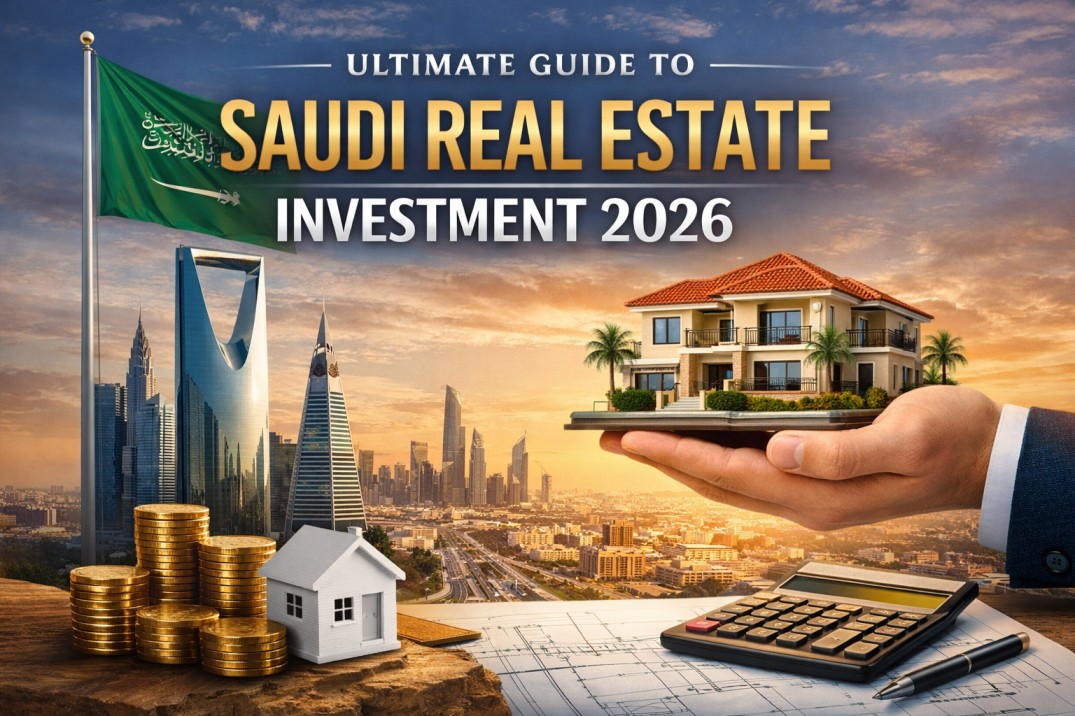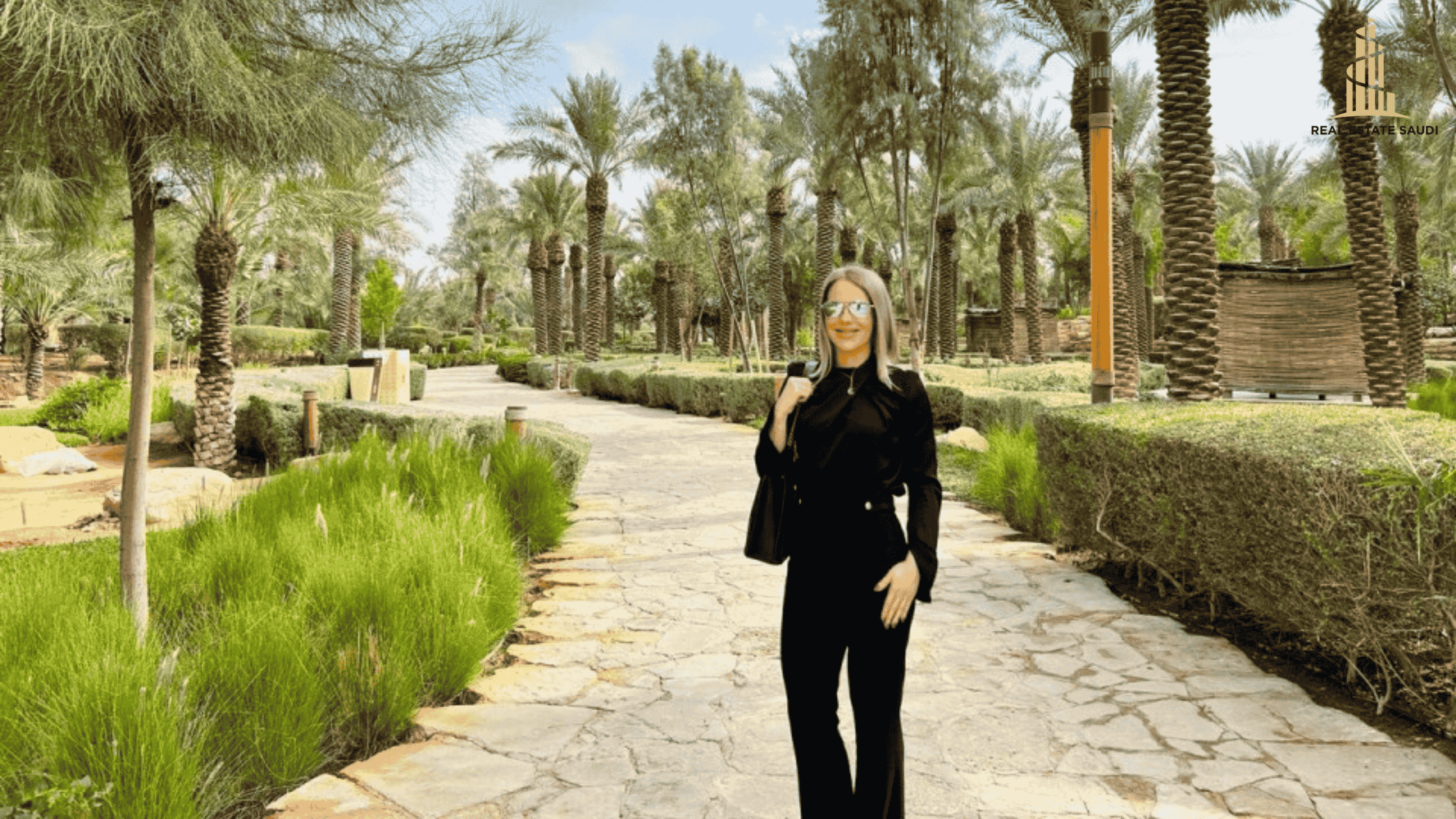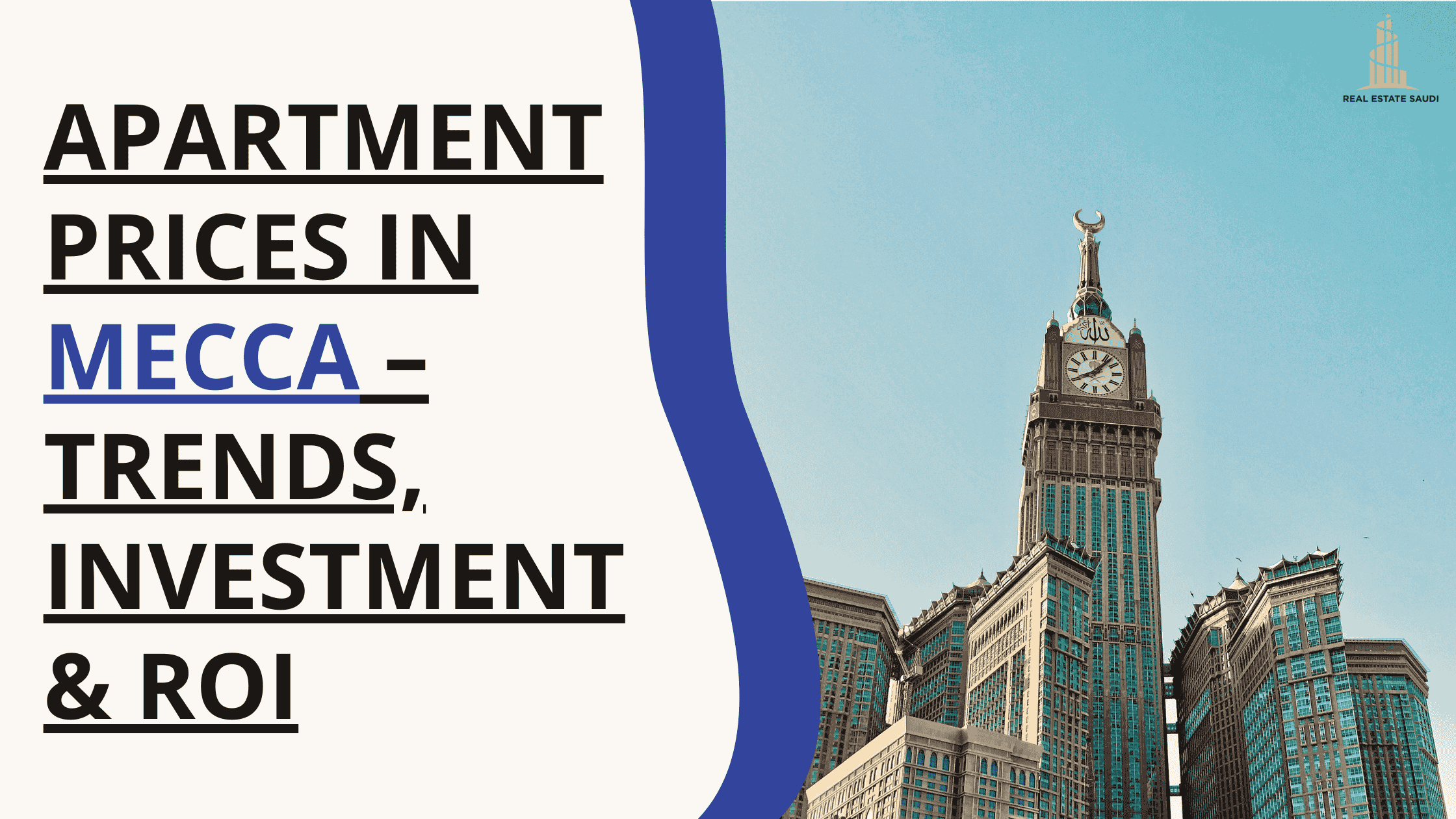Unveiling Saudi Arabia’s Real Estate Investment Potential
Saudi Arabia has rapidly emerged as a prime destination for international property investors and expatriates. With a strong economy, strategic location, and ambitious Vision 2030 reforms, the Kingdom offers a unique real estate market. But is Saudi Arabia truly a good option for real estate investments? This article explores the key factors that make Saudi Arabia an attractive prospect for property investors, providing valuable insights and statistics to guide potential buyers.
Economic Growth Fueling Real Estate Expansion
Saudi Arabia boasts one of the largest economies in the Middle East, driven by substantial oil reserves and a push towards economic diversification. The Vision 2030 initiative, aimed at reducing oil dependency, has spurred massive investments in various sectors, including real estate. This has led to a growing demand for residential and commercial properties, making the Kingdom a fertile ground for investors.
Read: Exploring Real Estate Investment Opportunities in Saudi Arabia
Key Economic Indicators
As of 2024, Saudi Arabia’s GDP continues to grow, supported by large-scale infrastructure projects and foreign investment. The Kingdom’s push for economic diversification has resulted in new cities, luxury housing, and commercial hubs. Real estate now contributes around 6% to Saudi Arabia’s GDP, and this figure is projected to grow in the coming years.
Strategic Location and World-Class Connectivity
Saudi Arabia’s geographic location at the crossroads of Asia, Africa, and Europe makes it a strategic hub for international trade and investment. With well-developed infrastructure—including modern airports, seaports, and road networks—the Kingdom is highly accessible. This strategic positioning makes Saudi Arabia an attractive location for both living and investing.
Major Developments Shaping the Future
Projects like the Riyadh Metro, Jeddah Tower (soon to be one of the world’s tallest buildings), and the futuristic NEOM megacity are transforming Saudi Arabia’s urban landscape. These initiatives are designed to attract global talent and businesses, driving demand across the residential, commercial, and mixed-use property sectors. The continual development of infrastructure ensures property investments remain viable and offer potential for appreciation.
Investment Incentives and Ownership Reforms
To attract foreign investors, Saudi Arabia has introduced a variety of incentives as part of Vision 2030, including the establishment of free zones and economic cities like King Abdullah Economic City and NEOM. These zones offer tax exemptions, streamlined regulations, and superior infrastructure, making them ideal for real estate investment.
In addition, recent reforms have relaxed foreign ownership restrictions, allowing non-citizens to purchase property in designated areas. This has opened the market to a wider range of international investors, creating more opportunities to capitalize on Saudi Arabia’s thriving real estate sector.
High Rental Yields and Capital Growth
Saudi Arabia’s real estate market provides attractive rental yields and the potential for substantial capital appreciation. With a growing expatriate population and rapid urbanization, demand for rental properties remains high, particularly in cities like Riyadh and Jeddah. Rental yields typically range between 5% and 8%, which is competitive on the global market.
Property values in key cities have also shown consistent growth, with the Saudi Real Estate Authority reporting annual value increases of over 10%. As infrastructure projects and economic reforms progress, the market is expected to continue this upward trend, offering significant capital gains for early investors.
Diverse Property Options
Saudi Arabia’s real estate market offers a variety of property options, catering to different investment preferences and budgets. From luxury villas in gated communities to modern apartments in urban centers, the residential market is both diverse and dynamic. High-end developments like The Boulevard Riyadh and The Corniche in Jeddah attract expatriates and affluent locals.
The expanding commercial sector also presents ample investment opportunities, particularly in office buildings, retail spaces, and hospitality properties. Integrated developments that combine residential, commercial, and leisure spaces are gaining traction, making projects like NEOM highly appealing to investors.
A Transparent Legal and Regulatory Environment
To support the growing real estate market, Saudi Arabia has improved its legal and regulatory framework, making property transactions more transparent and secure. The property registration process is now streamlined through digital platforms, ensuring efficient transactions. Additionally, new laws have been introduced to protect foreign investors, enhancing their confidence in the market.
Cost of Living and Quality of Life
Living costs in Saudi Arabia, especially housing expenses, vary based on location and property type. In Riyadh, for example, a one-bedroom apartment can range from SAR 3,000 to SAR 6,000 per month in the city center, while prices outside the center are lower. Furthermore, the absence of annual property taxes allows expatriates to allocate more funds toward healthcare, education, and other necessities, contributing to a higher quality of life.
Vision 2030: The Future of Real Estate Saudi
Saudi Arabia’s Vision 2030 is driving the country’s economic transformation, focusing on sectors like tourism, technology, and renewable energy. This initiative has significant implications for the real estate market, boosting property values and attracting both local and international investors.
With major infrastructure projects and an increasingly business-friendly environment, Saudi Arabia’s real estate market is poised for long-term growth. For investors looking to diversify their portfolios and explore new opportunities, the Kingdom offers a promising avenue for success.
Read: Renting Property in Saudi Arabia As A Foreigners
Conclusion: Seizing Opportunities in Real Estate Saudi
Saudi Arabia’s evolving real estate market, supported by its tax-friendly environment and Vision 2030 reforms, presents a compelling case for foreign investors. The Kingdom’s strategic location, economic growth, and ambitious development projects offer numerous opportunities for property investment. By navigating Saudi Arabia’s legal landscape and leveraging available incentives, investors can unlock significant financial benefits and participate in the country’s ongoing transformation.





